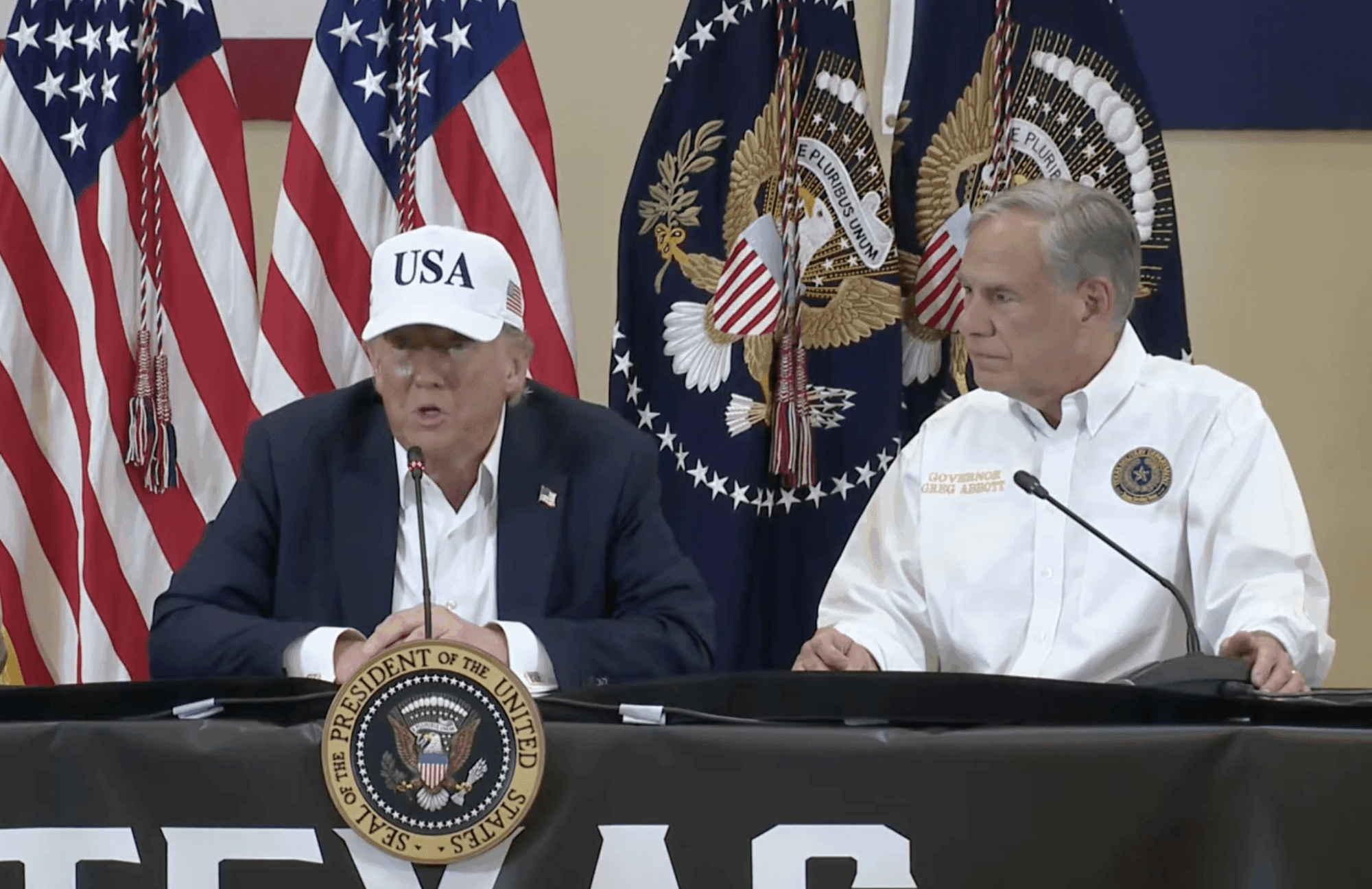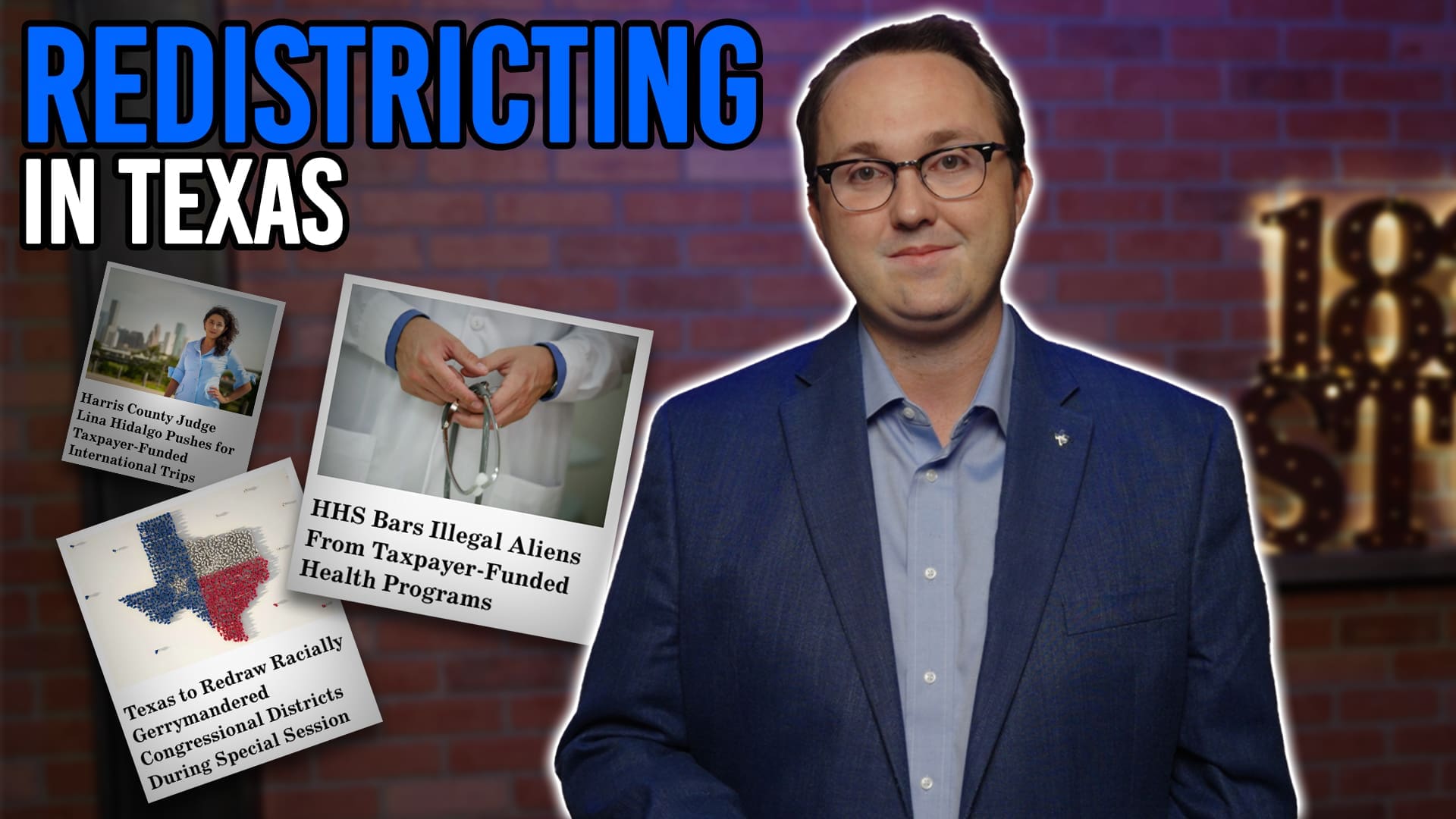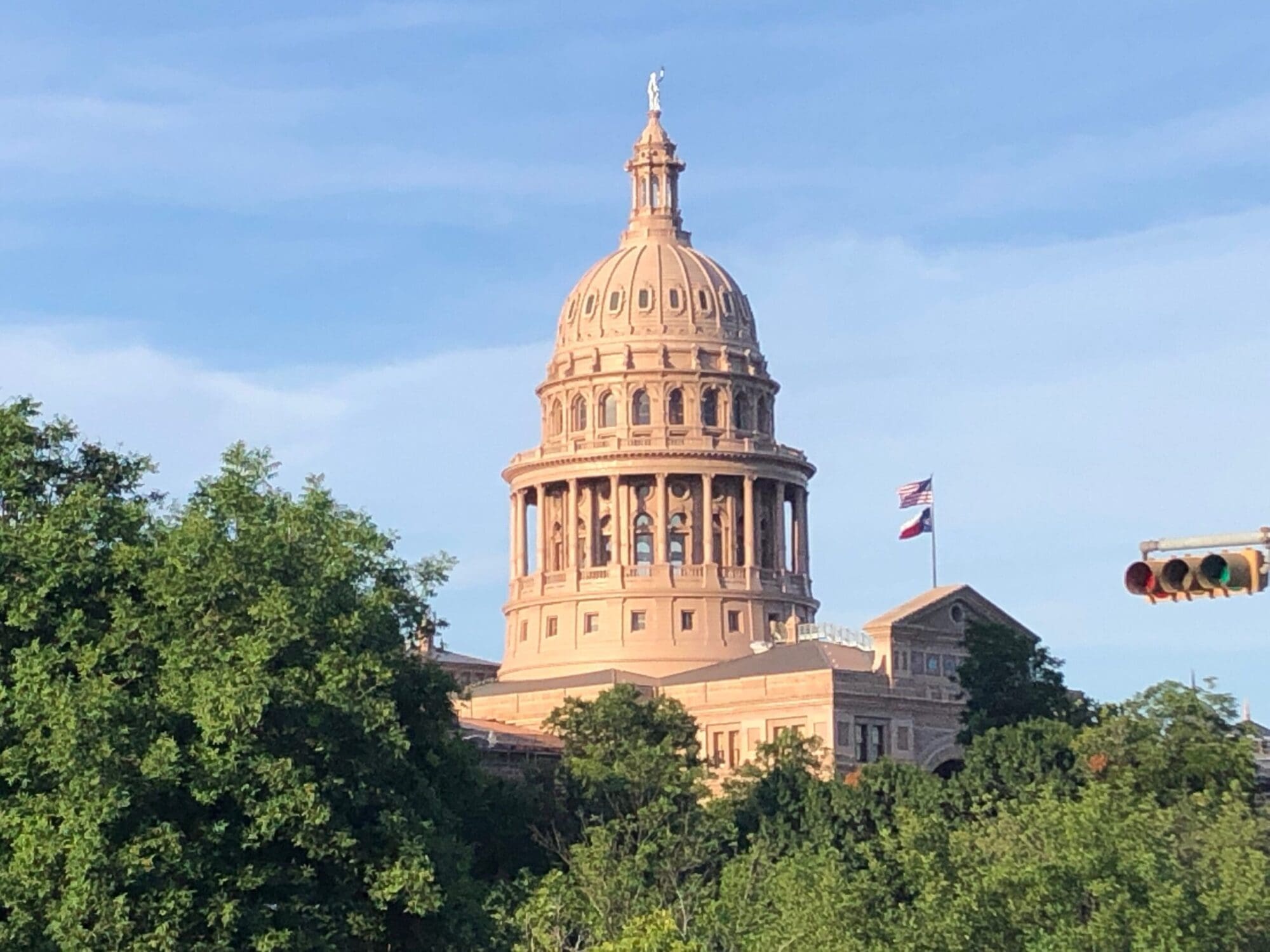We’re now inside two weeks before the first-in-the-nation regular midterm primary election, as the Texas early voting process is now well underway in preparation for the March 6th regular primary vote.
A total of 76 candidates are running for major statewide office, meaning races for Governor, US Senator, Lt. Governor, Attorney General, Comptroller, Agriculture Commissioner, Land Commissioner, and one slot on the state Railroad Commission. A record 304 Democrats, Republicans, minor party, and Independent candidates are vying for their respective party nominations in the state’s 36 US House districts.
Texas is a run-off state, meaning if no candidate in the various primaries receives majority support, the top two finishers will advance to a run-off election on May 22nd. Since a vast number of races have multiple candidates, including 28 individual candidates alone fighting to succeed retiring Rep. Lamar Smith (R-San Antonio) in his open central Texas CD, the secondary election calendar promises to also have a large slate of late May voting contests.
Two Democrats off to late starts are vying to face Gov. Greg Abbott (R), and though nine candidates are on the Democratic gubernatorial ballot, there remains some possibility that either Dallas County Sheriff Lupe Valdez or businessman Andrew White, the son of the late former Gov. Mark White (D), will emerge as the party’s nominee on March 6th.
It is almost a certainty that the US Senate contest will feature first-term incumbent Ted Cruz (R) and Rep. Beto O’Rourke (D-El Paso) winning their respective nomination contests outright, meaning they will soon officially begin the first general election US Senate contest in the country.
Of interest in the down ballot statewide races, incumbent Land Commissioner George P. Bush, son of former Florida Gov. Jeb Bush (R), is being challenged by former two-term Land Commissioner Jerry Patterson, among others, for the Republican nomination.
In the congressional races, eight of the seats – six Republican and two Democratic – are open and each host multi-candidate primary races. All of the incumbents have drawn some type of opposition either in March or November, but only Reps. Al Green (D-Houston), Joaquin Castro (D-San Antonio), and Henry Cuellar (D-Laredo) face no major party opponent.
Most have at least minor primary opposition, with only Reps. Kevin Brady (R-The Woodlands), Green, Kay Granger (R-Ft. Worth), Mac Thornberry (R-Clarendon/ Amarillo), Vicente Gonzalez (D-McAllen), Bill Flores (R-Bryan), Jodey Arrington (R-Lubbock), Castro, Roger Willams (R-Austin), Cuellar, Filemon Vela (D-Brownsville), Lloyd Doggett (D-Austin), and Bruce Babin (R-Woodville) drawing no nomination challenger.
It is likely that all of the open seats will advance to a run-off vote with the possible exceptions of state Senators Van Taylor (R) winning outright in retiring Rep. Sam Johnson’s (R-Plano) 3rd District, and Sylvia Garcia (D) doing likewise in the battle to replace 13-term Rep. Gene Green (D-Houston) in TX-29.
Polling does indicate that billionaire Kathaleen Wall (R) and Tarrant County Tax Assessor Ron Wright (R) have outside chances of reaching the 50% threshold in the 2nd (Rep. Ted Poe-R) and 6th District (Rep. Joe-Barton-R) open primaries, respectively, but with multiple candidates in each race it becomes very difficult for any one candidate to attract majority support. On the incumbent front, all 24 House members from both parties seeking re-election are favored to win re-nomination on March 6th.
With such a large statewide and federal candidate field, and hundreds more running for the state legislature and the various judicial posts, questions arise about whether this will spike a rise in what is typically a very low primary turnout electorate. Though improving in recent elections, Texas ranks among the lowest states in primary vote participation, so it remains to be seen how the citizenry reacts to such an active early primary season. After the Texans go to the polls on the 6th, Illinois voters will follow suit on March 20th.




